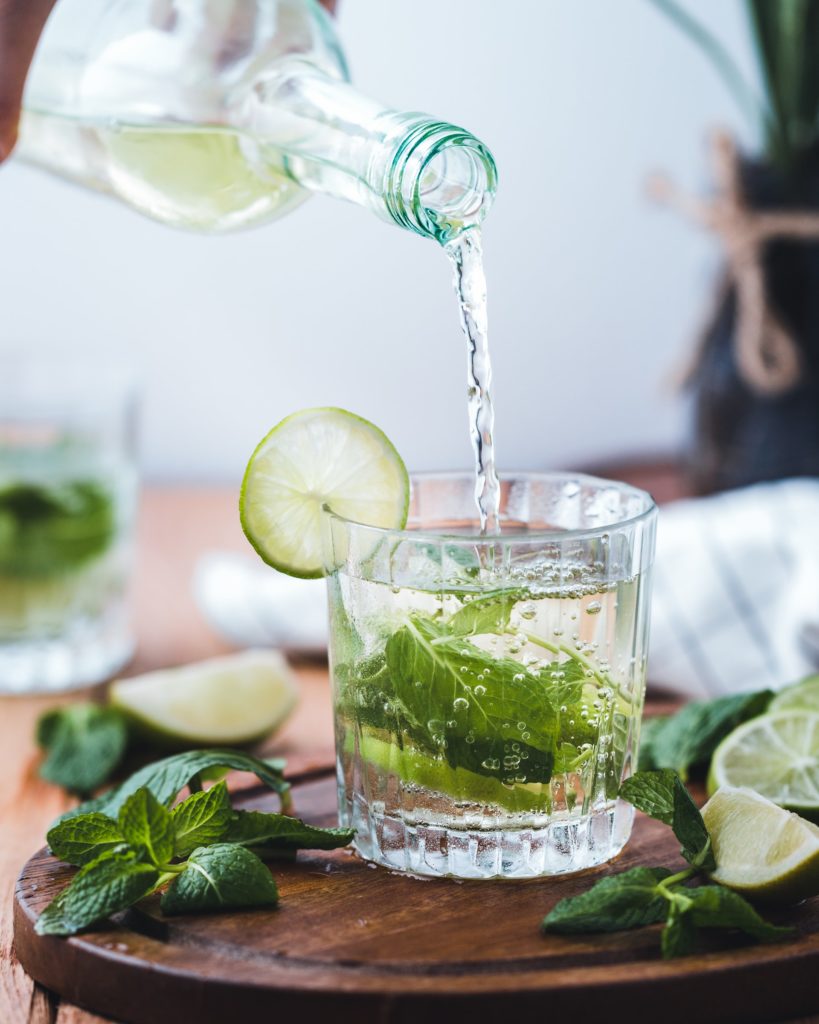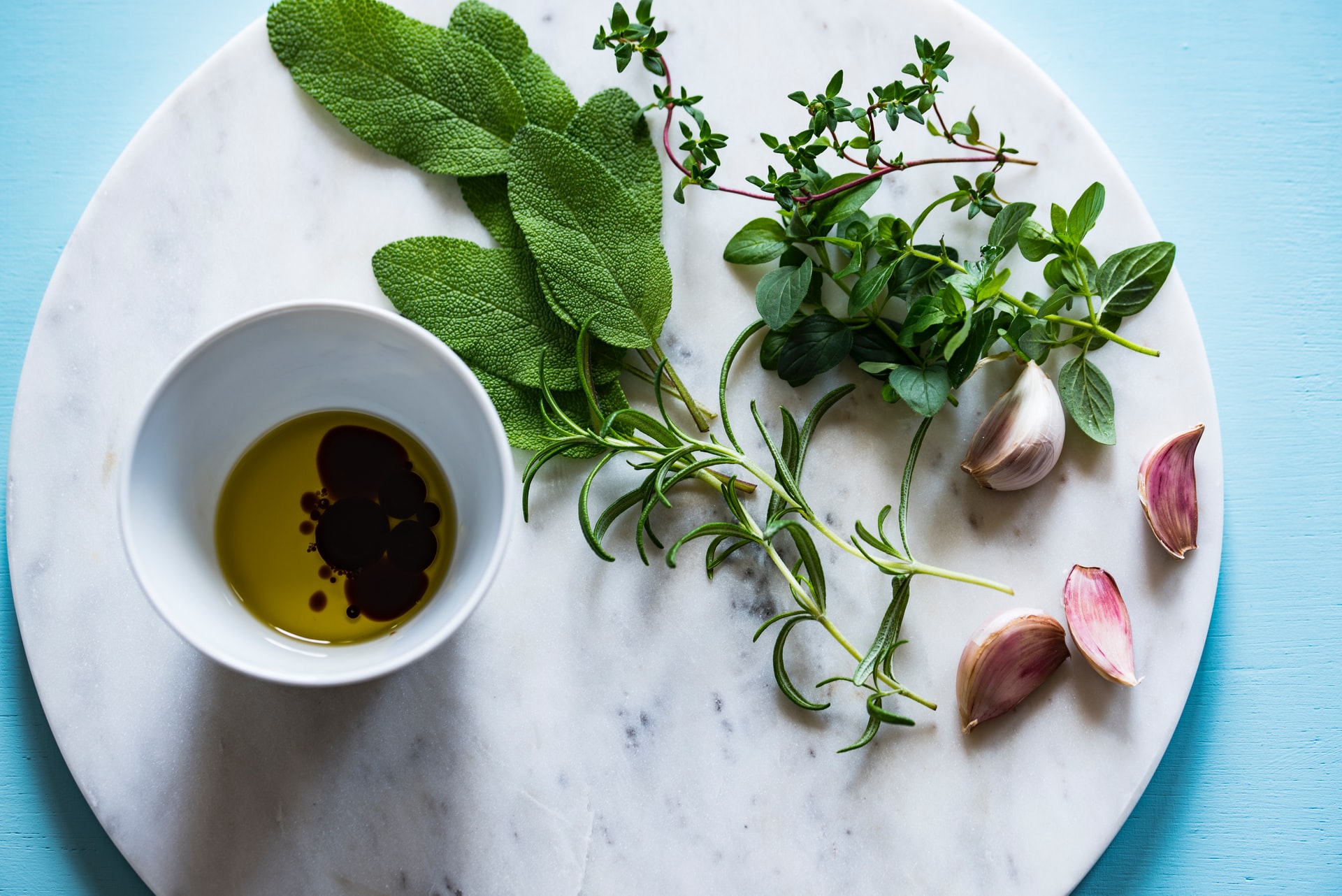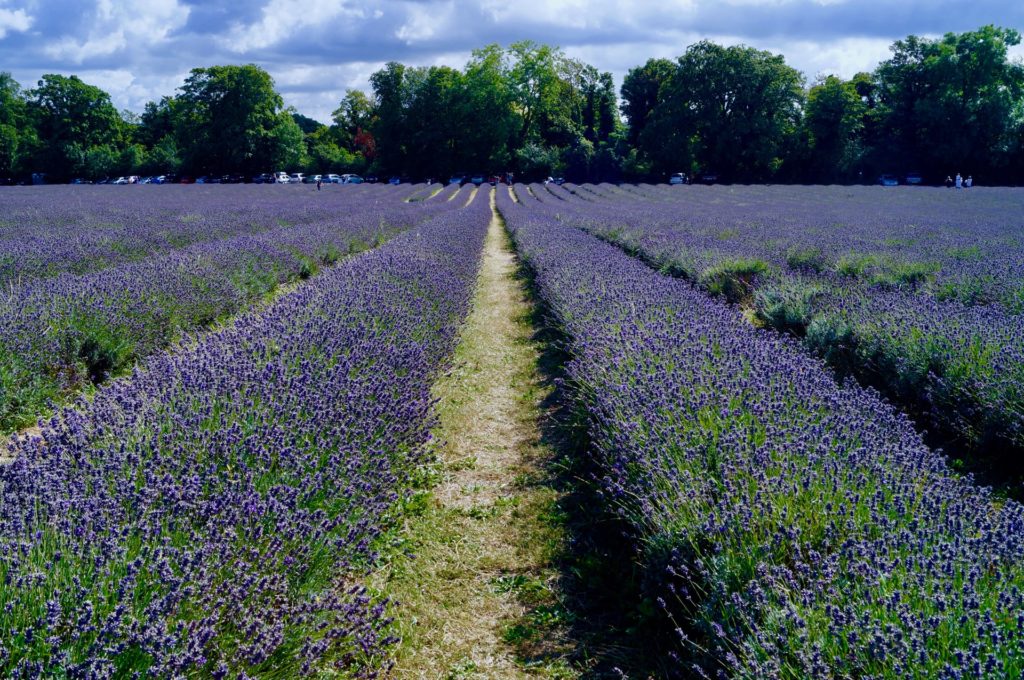“Time (Thyme) is a herb that cures all diseases” said the wise Benjamin Franklin. It is a play on words and may be true in essence. Our main medicine in this pandemic is that humanity will allow time to pass while our world heals and our role is to bide our time while physically distanced and staying focused. Was there any truth in the inference that herbs can help us? Herbs are plants where the leaves, seeds or flowers are used to flavour food, medicines and perfume. There are many myths about the powers of herbs and I want to bust a few and boost some others.
Myth Busters on Coronavirus Medicine Herbs
- Licorice Root
- The FDA recently ordered a US company to remove it’s claims that Licorice Root could prevent viral infections, only after the shelves were bare and stocks were sold. Licorice root if taken regularly can increase blood pressure and cause low potassium levels leading to heart disease
- Honeysuckle
- This nectar and flowers are put into juices with claims of curing everything from headache to cancer. There is no scientific evidence to prove these claims and some of the plant berries are poisonous.
- Turmeric
- Technically, this is a spice and not a herb but it has been proven to have anti-inflammatory properties , there is no evidence that it will fight viruses, even when mixed with lemon and mango, which was recently promoted.
- Echinacea
- Studies have demonstrated that in some people there is an improved immune function with daily intake. There have been no studies examining echinacea and coronaviruses.
- Elderberry
- There are claims that elderberry reduces upper respiratory tract infections if taken as a syrup 4 times a day. This has only been seen in one study in 2004, sponsored by an elderberry syrup manufacturer.

What are the health benefits of herbs?
- Must add taste and flavour
- Must have proven health benefits
- Must not do harm
Mint
- Mildly sweet taste, cool sensation
- Soothing for skin irritations, helps with digestion of spicy foods
- Too much can cause a dry mouth
Tip: Fresh Spearmint leaves in hot or cold water is very refreshing. If you grow it in your garden, use a container, it spreads very quickly.
Lavender
- Related to mint but earthy, smoky, apple-like flavour
- Pain relieving properties especially for headaches, some anxiety reduction
- Not harmful in to eat, smell or apply to skin. Some people have allergic skin reactions
Tip: Lavender sprays can also be used on bed linens for a good night’s sleep.
Parsley
- Slightly peppery but fresh
- Rich in vitamin A,C and K
- Can irritate skin if applied directly, should be used in small amounts in food.
Tip: Can be used in recipes as fresh or boiled.
Newsflash: Herbal remedies are not regulated like medication in most countries. There are no international accepted guidelines on the use of herbal remedies although the WHO has made recommendations on herbal plants agriculture. There has been increased purchasing of herbs and supplements during this pandemic without evidence of benefit. Buyer beware and focus on healthy eating
If you are looking to spice up your day, read about herbs, plant some seeds and try a few in your meal plan. Share your favourites.
Resources:
Time to start your edible garden
- https://www.homedepot.com/b/Outdoors-Garden-Center-Plants-Garden-Flowers-Edible-Ga
- https://www.bbc.co.uk/programmes/b00s1lc8
- https://www.udemy.com/course/all-about-herbs/
Cover Photo by Joanna Kosinska on Unsplash




